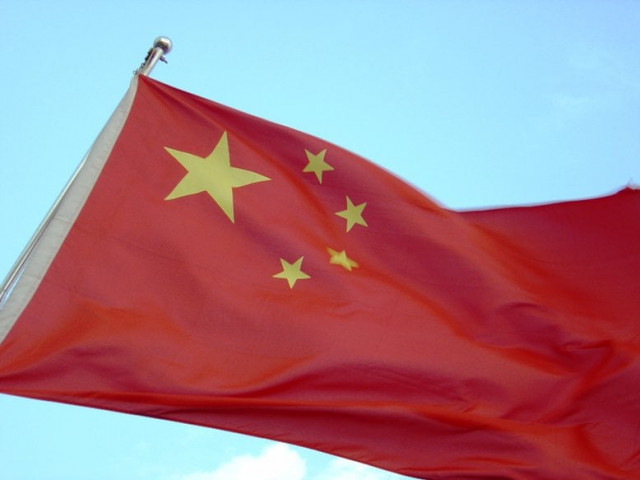Brand-building at a time of trade row
Chinese firms seeking new markets for growth, to acquire advanced technologies

The flag of China (PHOTO: AFP)
If global brands such as Apple, Adidas, Nike, Uniqlo, Zara and Converse could capture consumer imagination and loyalty in China, isn’t it time that Chinese brands, too, should go global to command similar adulation in overseas markets?
Driven by such sentiment, Chinese companies are pulling out all the stops to complement their tangible strengths - massive scale of manufacturing, financial muscle, innovation capability and the mega opportunity to serve the world through the Belt and Road Initiative - with the soft power of brands.
A recent Ogilvy report based on the survey of chief marketing officers (or the equivalent) of 40 high-profile Chinese companies revealed as much.
“We believe Chinese brands have tremendous growth potential globally,” said Chris Reitermann, Asia and China CEO of global marketing agency Ogilvy. “An early commitment and focus on a brand strategy that guides all overseas efforts will enable Chinese brands to develop a more sustainable business abroad.”
The Ogilvy report identified the key drivers for Chinese enterprises’ outbound expansion. They are seeking new markets for growth, to survive in spite of stiff domestic competition and to acquire advanced technologies.
Yet, except for the already famous Chinese brands such as Huawei, Haier and Xiaomi, newcomers from China on the global stage initially tended to rely not on branding but on distribution, manufacturing, mergers and acquisitions.
But now, branding is increasingly becoming a game-changer in shaping consumer perceptions, especially as a growing protectionist sentiment looms over the global economy, making any outbound decisions more prudent, said Reitermann. “I do think a lot of companies have underestimated the value of a clearly defined brand in getting people to understand who this company is, what this company does and what its values are,” he said.
The transformed macroeconomic environment is pushing companies to shift from the traditional M&A route to growth to more organic, green-field investment and that makes a “clearly-defined brand” a necessity, he said.
This article originally appeared on the China Economic Net
Published in The Express Tribune, November 26th, 2019.
Like Business on Facebook, follow @TribuneBiz on Twitter to stay informed and join in the conversation.



















COMMENTS
Comments are moderated and generally will be posted if they are on-topic and not abusive.
For more information, please see our Comments FAQ